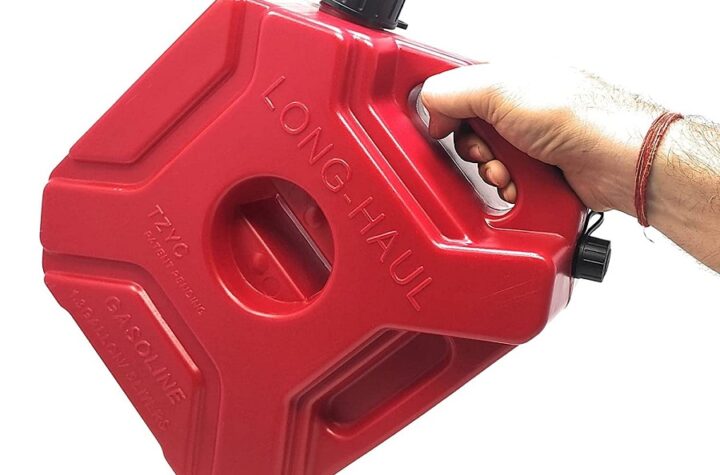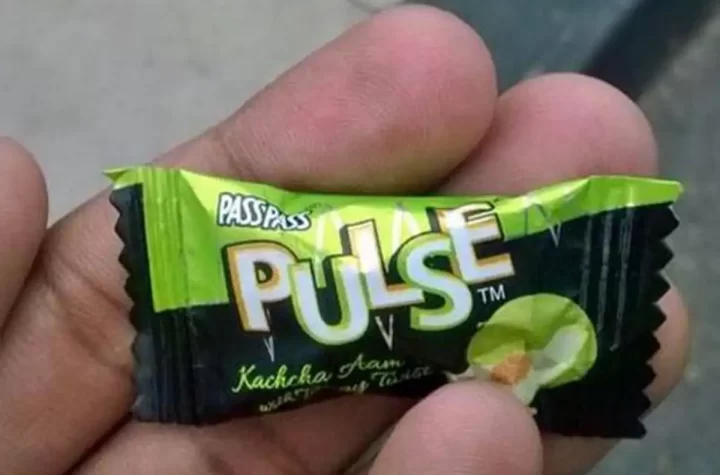
Each person’s addiction treatment plan is distinct, and it can be tailored to meet their specific needs and circumstances. Individuals in recovery are actively involved at every stage of treatment in the most effective forms of treatment programs such as:
- Inpatient Rehab
Inpatient rehabis one of the most well-known types of drug treatment. For people seeking drug and alcohol treatment, inpatient rehab usually provides the most comprehensive care. Inpatient treatment is usually quite regimented, providing a safe environment for people to recover from the turmoil of SUD.The activities and format of inpatient treatment will vary depending on the facility chosen and amenities. Most inpatient programs are for people who have a serious addiction. Individuals can usually continue to receive hospitalization assistance after they have completed detox. We offer a support system for continuing sobriety through a 12-step program and therapist-led group therapy.
Inpatient treatment immerses clients into rehabilitation care in order to assist them in learning the skills they need to live a drug-free life. The duration of the program varies, but most people can choose between 30, 60, or 90 days of inpatient care. Inpatient treatment is not always the most accessible due to the high cost of in-house treatment and the commitment required, which can effect outside duties.Other types of continuing care programs can assist clients who are unable to make a full-time commitment in-house.
- Outpatient Rehab
Outpatient treatment may include IOP or outpatient care (OP). Individuals suffering from mild to moderate substance abuse issues in need of treatment may benefit from an outpatient rehab program. Outpatient programs, in general, emphasize counseling, education, and building a support network during the transition.Group and individual counseling are included in IOP and OP. OP permits clients to return home after treatment, whereas IOP offers sober living possibilities. Both require varying levels of commitment, but both provide greater flexibility than inpatient or partial hospitalization care.
- Detoxification
Detoxification is typically the safest technique for quitting drinking or using drugs for the first time. A qualified medical practitioner observes a person for up to a week while they are detoxing from alcohol or other drugs. To help with withdrawal symptoms, medical professionals may give decreasing doses of the substance or a medicinal substitute. Drug withdrawal can cause a variety of severe physical, mental, and emotional symptoms, all of which must be monitored by qualified and trained medical personnel.Abstinence from drugs can create significant changes in brain chemistry, as well as mental and physical health consequences. While transitioning to continuing care programs, medication provided during detoxification may be required. During recovery, specially trained addiction specialists can assist with medication monitoring and management.
Looking for Help?
As you’ve seen, there are a plethora of medications and therapies available to aid you in your rehabilitation. Not only that, but there is plenty of psychological support; in other words, there are lots of individuals just like you (many of whom are eager to share their experiences in support groups) who can offer a sympathetic ear or a kind word to someone in need. All that’s left for you to do now is decide to improve your situation. Contact Skyward Treatment Center right now to learn more about your treatment choices.




